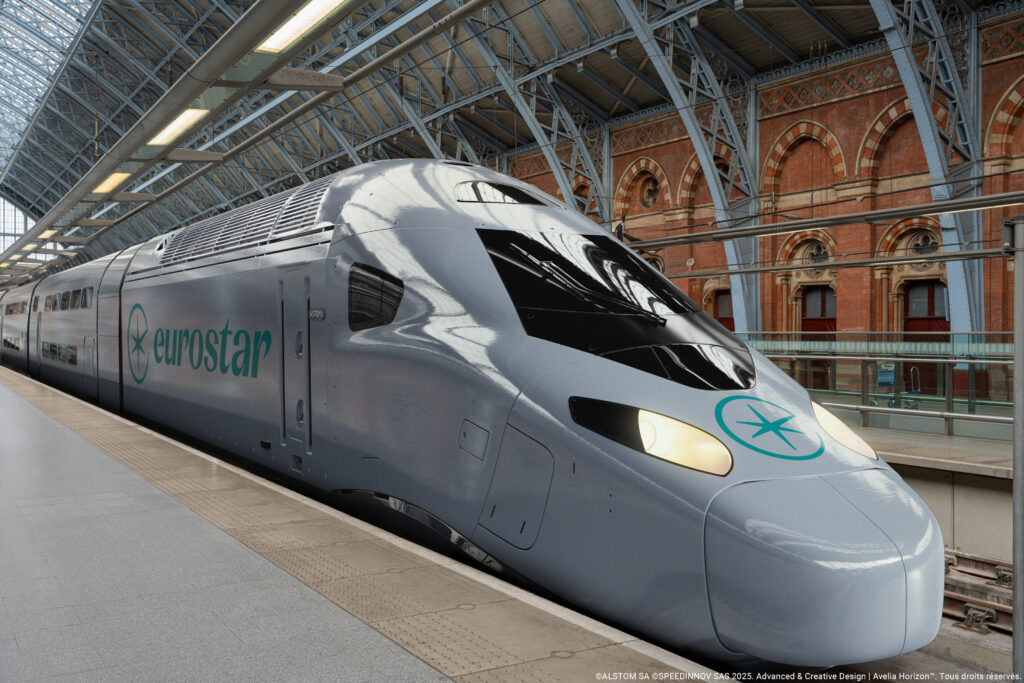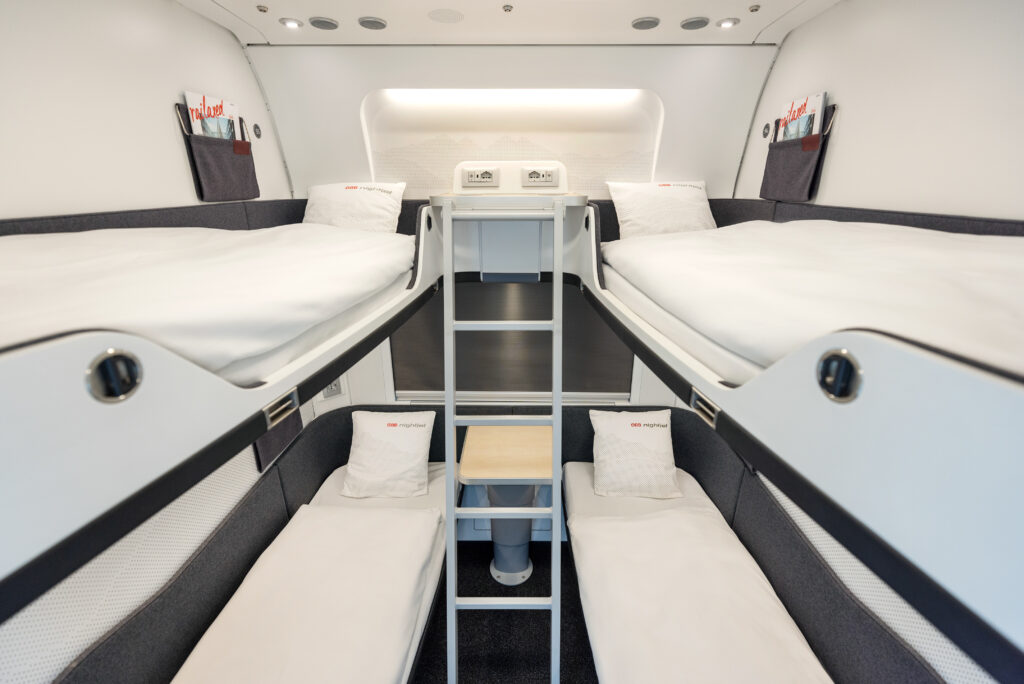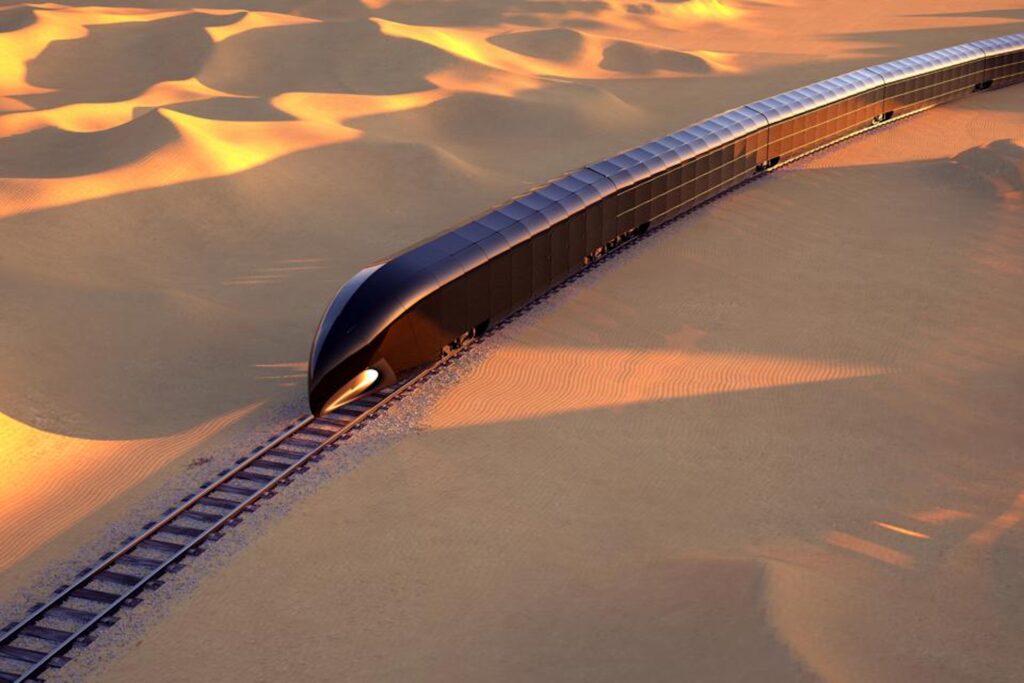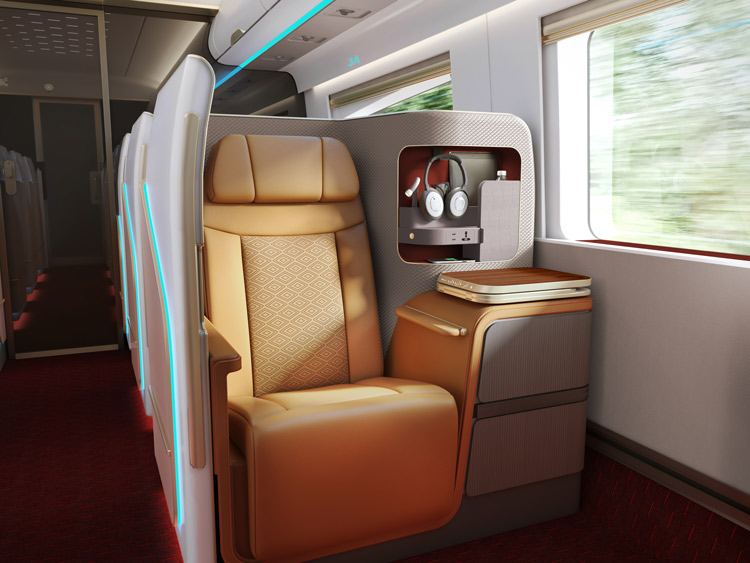Eurostar introduces new routes to Frankfurt and Geneva
Eurostar will launch direct trains to Frankfurt and Geneva by the early 2030s, signalling a bold move into new European markets. Robbie Hodges reports
Eurostar has unveiled plans to introduce new direct train services between London and two major European cities, Frankfurt and Geneva, marking a strategic expansion of its international rail network.
Recent months have seen the company innovate its Premier offering, introducing trendy onboard cuisine and upgraded lounges in Paris and Brussels. This latest move is part of a broader long-term investment in fleet and infrastructure, signalling the company’s intent to extend its reach beyond the traditional north-west European routes it has dominated for decades.
The newly proposed routes include London-Frankfurt, London-Geneva, and a cross-border service linking Amsterdam and Brussels to Geneva. They’re expected to be operational in the early 2030s, once Eurostar’s incoming fleet of up to 50 new trains enters service. These new trains, announced alongside the company’s 2024 financial results, will increase Eurostar’s total fleet to 67, a 30% boost in capacity.
Providing direct access to the financial hub of Frankfurt and the diplomatic centre of Geneva will open up new passenger segments and revenue streams.
Eurostar CEO Gwendoline Cazenave said the company is responding to “strong demand for train travel across Europe,” with travellers increasingly looking to go further by rail. “Despite the challenging economic climate, Eurostar is growing and has bold ambitions for the future,” she said, before heralding “a new golden age of international sustainable travel”.
In the short term, Eurostar is strengthening one of its core corridors. Direct services between London, Rotterdam and Amsterdam that had been temporarily disrupted due to station renovations will resume in February 2025. A fourth daily train will launch in September, followed by a fifth in December, underlining the route’s ongoing commercial importance.
The new routes, however, reflect a shift in strategic thinking: rather than focusing solely on optimising existing services, Eurostar is preparing to play a larger role in the future of sustainable European transport. With pressure mounting on the aviation sector to reduce emissions, and a growing number of travellers opting for lower-carbon options, international high-speed rail is increasingly seen as a viable alternative.
Execution will be critical. Competing with short-haul flights on routes such as London-Frankfurt or London-Geneva will require not just speed and efficiency, but smart pricing and frictionless border processes, especially in a post-Brexit landscape that has added complexity to UK-EU rail travel.



























